Nicholas Cowdery critical of Keli Lane judge Anthony Whealy
Nicholas Cowdery spent more than a decade as the state’s Director of Public Prosecutions where he applied the law and kept his emotions out of it. Now he has written a book revealing what he really thinks.
NSW
Don't miss out on the headlines from NSW. Followed categories will be added to My News.
Former top prosecutor Nicholas Cowdery has taken aim at the judge who presided over the trial of baby killer Keli Lane, saying Justice Anthony Whealy “let his emotions overrule his reason”.
In his new book, Frank and Fearless, Mr Cowdery criticised the retired judge for comments he made to media following the high profile trial, including one where he expressed doubt about the jury’s decision to convict Lane of the murder of baby Tegan.
In an interview with The Sunday Telegraph this week, Mr Cowdery said Justice Whealy damaged his own reputation when he admitted to being “troubled” by the jury’s decision to convict Lane.
“I think it is necessary that you separate your own views and feelings from the professional tasks that need to be undertaken and I think it has been inappropriate of Tony Whealy to make the public remarks that he has about Keli Lane’s guilt or lack of guilt,” Mr Cowdery said.
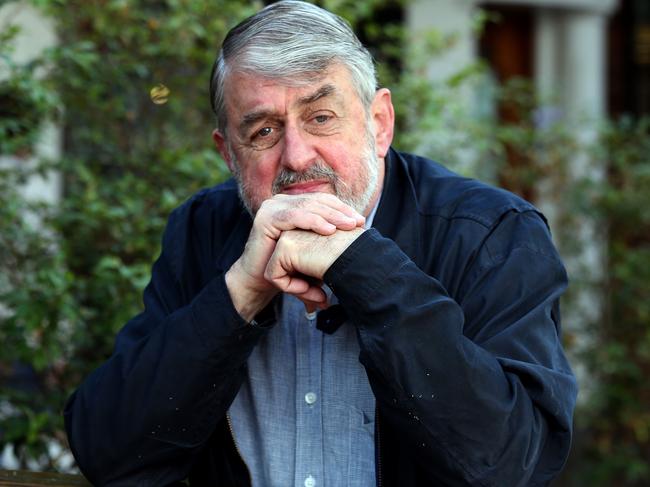
In his book, Mr Cowdery wrote: “As an inexperienced trial judge, Justice Whealy had let his emotions overrule his reason again when he had retired from the bench.
“In expressing concerns as he did, this very intelligent and accomplished person did enormous harm to his professional reputation,” Mr Cowdery wrote.
MORE FROM BRENDEN HILLS
Fadi Ibrahim suing former brothel madam for $4m
Bailing out Budge: Ibrahim lover’s $800k bar disaster
Responding to the criticism, Mr Whealy said he agreed that judges should generally not comment on trials, but chose to do so because Lane’s was “exceptional and controversial”.
“In my remarks, I always acknowledged and respected the jury’s verdict,” he said.
“I believe that difficult trials can impact significantly and heavily on a trial judge, and that the public are entitled to understand why this is so. If my reputation has suffered, then that is a price I am prepared to pay for speaking truthfully,” he said.
Then-Justice Whealy sentenced Lane to 18 years jail in April 2011 after a jury found her guilty of murdering daughter Tegan in 1996. Tegan disappeared after Lane left Auburn Hospital shortly after the baby was born in 1996.
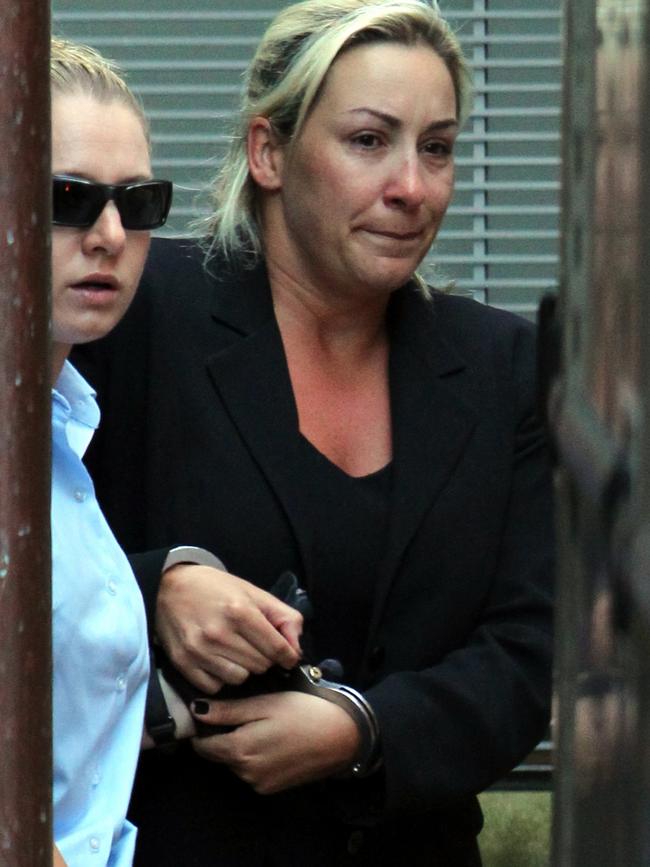
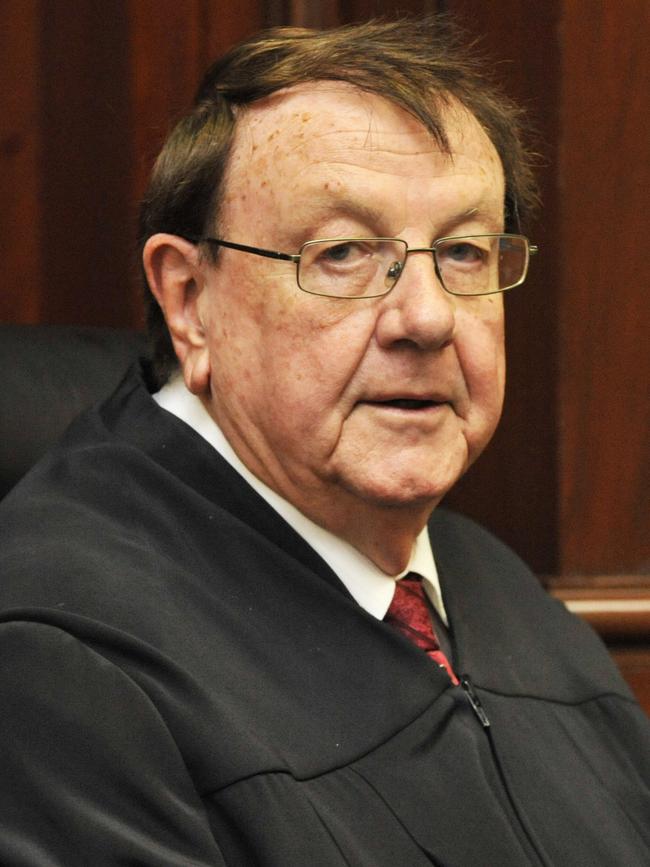
In 2012, the then retired judge told The Sydney Morning Herald the case was “harrowing” and troubled him. This was because the baby's body has never been found, which made it a ''difficult case for the Crown to prove''.
He also noted that ''it did not make sense to me for a mother to do that''.
Mr Cowdery was highly critical of the timing of the interview as it came before Lane appealed the conviction, which was rejected by the NSW Court of Criminal Appeal in 2013.
“Despite it being unheard of for a judge to question a jury’s verdict, and inappropriate in my view, he publicly expressed doubt over Keli’s conviction,” Mr Cowdery wrote.
“He did it knowing the matter was due to be heard on appeal.”
In 2014, the High Court of Australia rejected Lane’s application for it to hear a further appeal.
The criticisms in Mr Cowdery’s book were a hot topic of conversation among the legal fraternity in recent weeks with its members falling into respective camps of backing his opinions or rejecting them.
“It’s a bit rich for him to criticise Whealy for speaking about cases in the media given he’s just written an entire book on the subject,” one legal identity said.
However, Mr Cowdery said he did not let his emotions creep into his work and that his book reflects that.
“I kept my emotions out of it all together,” he said.
“It didn’t matter what my emotions were or what my feelings were about particular cases, it was a professional job to be done in accordance with the rules in place and that is what I tried to do.”
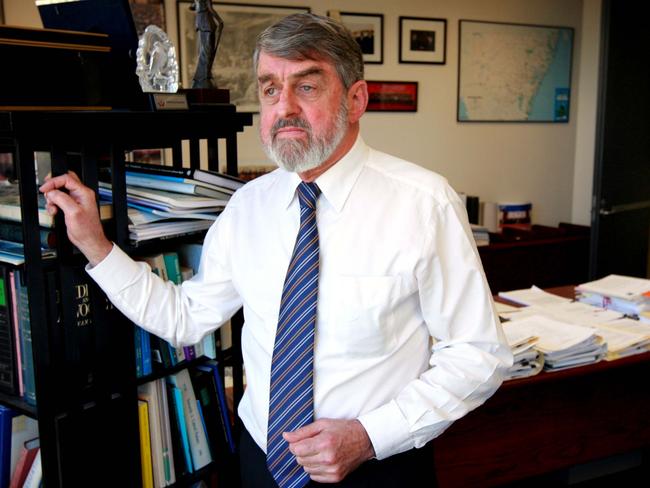
Lane’s case is still the subject of public speculation, driven by the fact mystery surrounding Tegan’s exact fate body and that Lane never gave evidence.
That interest spiked again last year when the ABC aired the documentary Exposed: The case of Keli Lane, which featured interviews with Lane from behind bars and raised questions about her conviction.
Mr Cowdery was fiercely critical of the documentary in its questioning of whether Lane was wrongly convicted. He wrote that it showed the documentary makers weren’t informed about the facts of the case, which amounted to “slipshod and misleading reporting”.
“Incredibly, the ABC program Exposed featured journalists, academics and Justice Whealy speaking as if the decisions of the Court of Criminal Appeal and the High Court, which by that stage had expressly declined an application to review Keli’s conviction, either didn’t happen or didn’t matter,” Mr Cowdery wrote.
Speaking to The Sunday Telegraph this week, Mr Cowdery said the documentary “undermined” and “devalued” the CCA and High Court decisions.
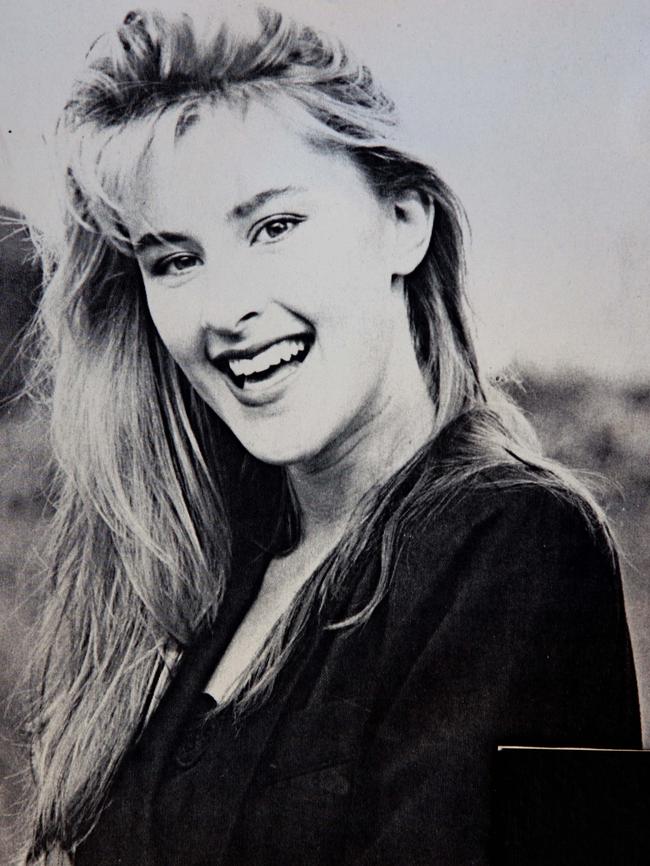
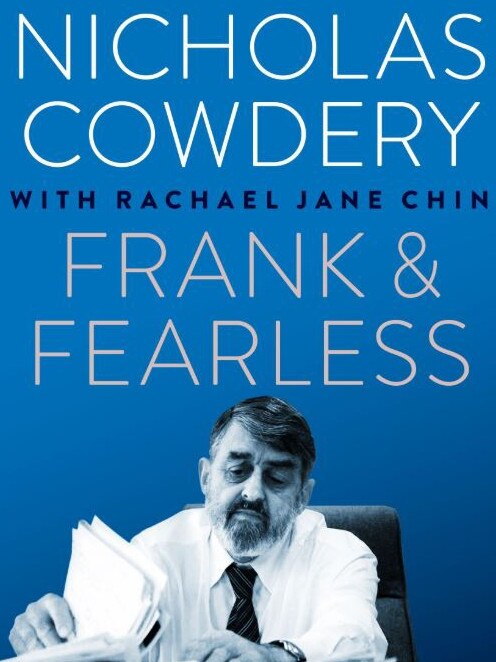
“I don’t think the Exposed program was very good,” he said. “And I think, more than that, that sort of amateur investigation by unqualified journalists risks … damaging the confidence of the community in the criminal justice system process itself, so I don't think it should be encouraged.”
“My view was the court processes had examined very carefully all the evidence and written submissions and so forth, whereas this sort of dilettantish journalism was not as rigorous,” he said. “It didn’t adopt and apply the principles that the legitimate court processes had done. So that undermines the value of the program.”
In response, an ABC spokeswoman said the organisation “completely rejects Mr Cowdrey’s opinion that Exposed is ‘amateur’ and ‘dilettantish’, and stands by the investigation and journalism conducted by the team.
“There are countless examples where journalists have uncovered new information and on occasions revealed gross miscarriages of justice both here in Australia and overseas,” the spokeswoman said. “When done responsibly, as it was by the Exposed team, journalism aids justice and confidence in institutions.”
Mr Cowdery was the state’s DPP from 1994 until 2011.
He told The Sunday Telegraph he began working on the book in 2012 when he was approached by an author.
It deals with his career as the head of the state’s prosecuting authority and touches on high profile cases, including that of Gordon Wood who was jailed for the murder of girlfriend Caroline Byrne before being released after his conviction was overturned on appeal.
Originally published as Nicholas Cowdery critical of Keli Lane judge Anthony Whealy
